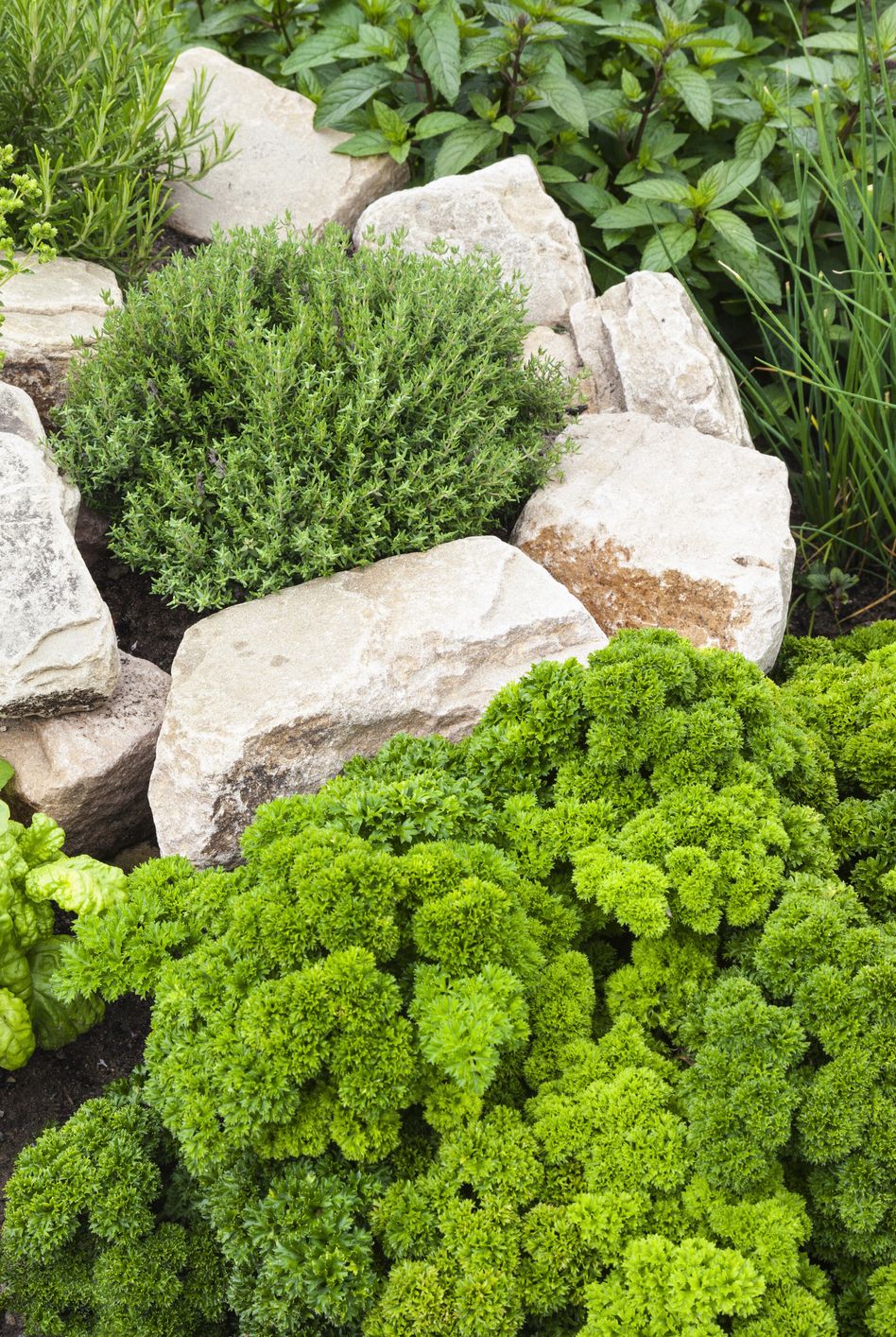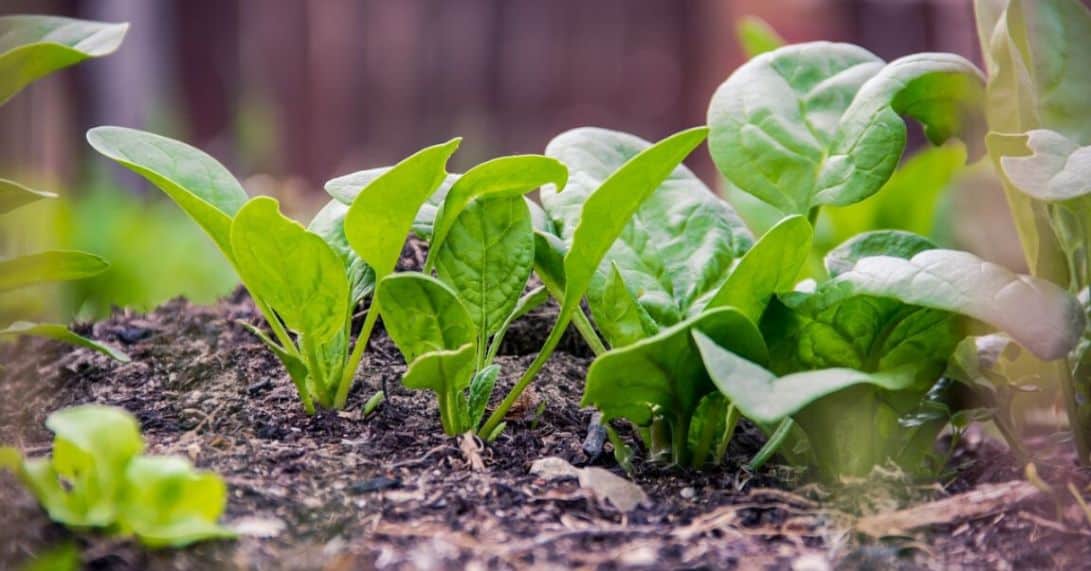Attain Pepper Yard Success with the Best Fertilizers For Peppers on the Market
Wiki Article
A Bounty of Peppers Waits For: Introducing the Ideal Fertilizers to Optimize Development and Taste
Discover the advantages of natural fertilizers, learn the importance of the NPK ratio, and discover out just how to supplement your plants with crucial mini and macronutrients. With our specialist pointers, you'll be able to use plant foods efficiently and preserve healthy and balanced, flourishing pepper plants.
Relevance of Picking the Right Fertilizer
To optimize the growth and flavor of your peppers, it is essential that you choose the appropriate fertilizer. The appropriate plant food supplies the vital nutrients that your pepper plants need to prosper.
When selecting a fertilizer for your peppers, consider the NPK proportion. This proportion represents the percent of nitrogen (N), phosphorus (P), and potassium (K) in the plant food. For peppers, a balanced NPK proportion such as 10-10-10 or 14-14-14 is perfect. This makes sure that all 3 nutrients are existing in appropriate quantities, advertising balanced growth and durable returns.
Furthermore, it is necessary to select a fertilizer that is specifically created for vegetables or peppers. These fertilizers are created to meet the particular nutritional needs of pepper plants. They often consist of additional micronutrients, such as calcium and magnesium, which are necessary for healthy and balanced pepper growth.
Additionally, think about the fertilizer's release price. best fertilizers for peppers. Slow-release fertilizers provide a consistent supply of nutrients over an extensive duration, lowering the danger of nutrient leaching and guaranteeing a constant supply of sustenance for your peppers
Organic Plant Foods for Optimal Pepper Growth
For ideal pepper growth, you can improve the health and flavor of your plants by using natural plant foods. Organic fertilizers are stemmed from natural sources and are devoid of synthetic chemicals, making them a eco-friendly and sustainable selection for your peppers. These plant foods offer essential nutrients to your plants, promoting healthy and balanced root development, durable vegetation development, and bountiful fruit production.One preferred organic plant food option is compost. By adding compost to your soil, you can enhance it with crucial nutrients, boost moisture retention, and raise its capability to support the development of your pepper plants.
One more efficient natural plant food is fish emulsion. This liquid fertilizer is made from fish waste and is high in potassium, phosphorus, and nitrogen. It gives a easily accessible and fast source of nutrients for your peppers, stimulating energetic growth and enhanced fruit manufacturing. Fish solution can be used straight to the soil or utilized as a foliar spray to give an increase of nutrients to your plants.

Comprehending the NPK Ratio for Optimum Taste
To make the most of the taste of your peppers, it is important to understand the NPK proportion and just how it influences their development and preference. best fertilizers for peppers. The NPK proportion refers to the proportion of nitrogen (N), phosphorus (P), and potassium (K) in a plant food. These three nutrients play a crucial role in the overall health and performance of your pepper plantsNitrogen is in charge of promoting leafed development in plants. It assists your peppers establish lavish green leaves, which are necessary for photosynthesis and investigate this site general plant vitality. However, an extreme quantity of nitrogen can lead to too much vegetative development at the expense of fruit growth.
Phosphorus is vital for the growth of solid root systems and the production of fruits and blossoms. It assists in the transfer of power within the plant and boosts the general fruit high quality. A deficiency in phosphorus can cause stunted development and poor fruit advancement.
Potassium is crucial for different physical procedures in plants, including the guideline of water balance, disease resistance, and the synthesis of starches and sugars. It also plays a significant role in enhancing the flavor of your peppers. Potassium deficiency can lead to see this lowered fruit quality and flavor.
Supplementing With Micro and Macronutrients
To make best use of the growth and taste of your peppers, it is necessary to supplement them with mini and macronutrients. While the NPK ratio plays an important duty in providing the main nutrients required for plant growth, mini and macronutrients are equally crucial for optimal pepper production. Macronutrients such as potassium, phosphorus, and nitrogen are required in bigger quantities and play a basic role in overall plant wellness. Nitrogen advertises leafy growth, phosphorus help in root advancement, and potassium improves fruit production. On the various other hand, micro-nutrients are required in smaller sized amounts but are similarly vital for the plants' health. These include elements like iron, zinc, copper, and manganese. Iron, for instance, is important for photosynthesis and chlorophyll manufacturing, while manganese assists in enzyme activation. Zinc and copper add to general plant wellness and disease resistance - best fertilizers for peppers.Supplementing your peppers with these micro and macronutrients can be accomplished with different ways. One choice is to incorporate them right into the dirt before planting, utilizing plant foods particularly formulated for peppers. These fertilizers commonly have a balanced combination of macronutrients and might additionally include micronutrient. One more alternative is foliar feeding, where a nutrient-rich option is splashed onto the leaves. This technique enables quick absorption, guaranteeing that the plants obtain the needed nutrients straight. Frequently checking the dirt and plants can aid recognize any nutrient deficiencies and allow for prompt adjustments. Remember, giving your peppers with the ideal equilibrium of micro and macronutrients will certainly not just maximize their growth yet also boost their taste, making your harvest a real joy.
Tips for Applying Plant Food and Maintaining Healthy And Balanced Pepper Plant Kingdoms
Apply fertilizer and keep healthy pepper plants by following these helpful pointers. It is important to select the best type of plant food for your peppers. After using the plant food, water the plants thoroughly to assist the nutrients reach the origins.Verdict
So, whether you're an experienced garden enthusiast or just beginning, selecting the ideal plant food is crucial for optimizing the development and taste of Recommended Reading your peppers. Organic plant foods offer ideal nutrients for healthy plants, while understanding the NPK proportion guarantees optimum flavor. Supplementing with mini and macronutrients even more boosts plant health. Remember to comply with the tips for using fertilizer and preserving healthy pepper plants to appreciate an abundant harvest of scrumptious peppers. Pleased horticulture!With our expert pointers, you'll be able to use fertilizers properly and keep healthy and balanced, growing pepper plants. The ideal plant food provides the necessary nutrients that your pepper plants require to thrive.For ideal pepper development, you can improve the health and taste of your plants by utilizing natural fertilizers.Apply plant food and maintain healthy and balanced pepper plants by complying with these handy tips. Bear in mind to comply with the ideas for using fertilizer and maintaining healthy pepper plants to delight in an abundant harvest of scrumptious peppers.
Report this wiki page